Have you ever wondered if your cat truly remembers the gentle strokes, treats, and loving words you’ve given them? The idea that cats might hold onto memories of kindness is both heartwarming and mysterious. Cat lovers everywhere have stories of their feline friends returning affection, seeking out those who have shown them gentle care, or even avoiding those who have not. This article explores the fascinating world of feline memory and emotion, shedding light on whether our acts of kindness leave a lasting mark on our cats’ hearts.
The Mysterious Mind of a Cat
Cats have always been creatures of intrigue, captivating people with their independence and subtle behaviors. Their mysterious nature often leads us to question what goes on inside their minds. Scientists have long studied feline intelligence, and while cats don’t always reveal their thoughts openly, there is growing evidence that they remember more than we might assume. Unlike dogs, who often display their emotions more openly, cats keep their cards close to their chests. This makes understanding feline memory both challenging and fascinating, encouraging us to pay closer attention to their subtle cues.
Understanding Feline Memory
Memory plays a major role in how cats navigate the world. While their short-term memory might not match that of humans, their long-term memory is surprisingly strong, especially for emotionally charged events. Cats are able to recall experiences that had a significant impact on them, whether positive or negative. This means that a cat is likely to remember someone who treated them with exceptional kindness, as the emotional value of those moments imprints deeply. Feline memory isn’t just about survival; it’s also about forming bonds and recognizing safety.
Emotional Imprints: How Kindness Stays With Cats
Kindness leaves a mark on a cat’s emotional landscape. When a person consistently treats a cat with gentleness, patience, and affection, those behaviors get associated with safety and comfort. Cats are sensitive to tone of voice, body language, and the energy of their human companions. Over time, repeated kindness builds a sense of trust. Just as negative experiences can make a cat wary, positive experiences ensure that the cat feels secure and loved around a particular person. This emotional imprint can last for years, sometimes even a lifetime.
Signs Your Cat Remembers Your Kindness
Cats may not wag their tails or jump for joy like dogs, but they have their own unique ways of showing that they remember kindness. These signs can include seeking out your company, rubbing against you, purring, slow blinking, or even bringing you “gifts.” If your cat chooses to spend time with you, especially during quiet moments, it is a strong indicator of remembered positive interactions. Each affectionate gesture is a small but meaningful sign that your kindness has not gone unnoticed.
Feline Trust: Built Over Time
Gaining a cat’s trust is a journey, not a sprint. Unlike some animals that trust easily, cats are cautious by nature. They pay attention to how they are treated and remember both good and bad experiences. Repeated acts of kindness, patience during stressful times, and gentle handling all reinforce a cat’s sense of security. Over time, even the most skittish cat can become a loyal and loving companion if consistently treated with respect and care. The bond that forms is a testament to the power of gentle persistence.
Comparing Cats and Dogs: Memory of Kindness
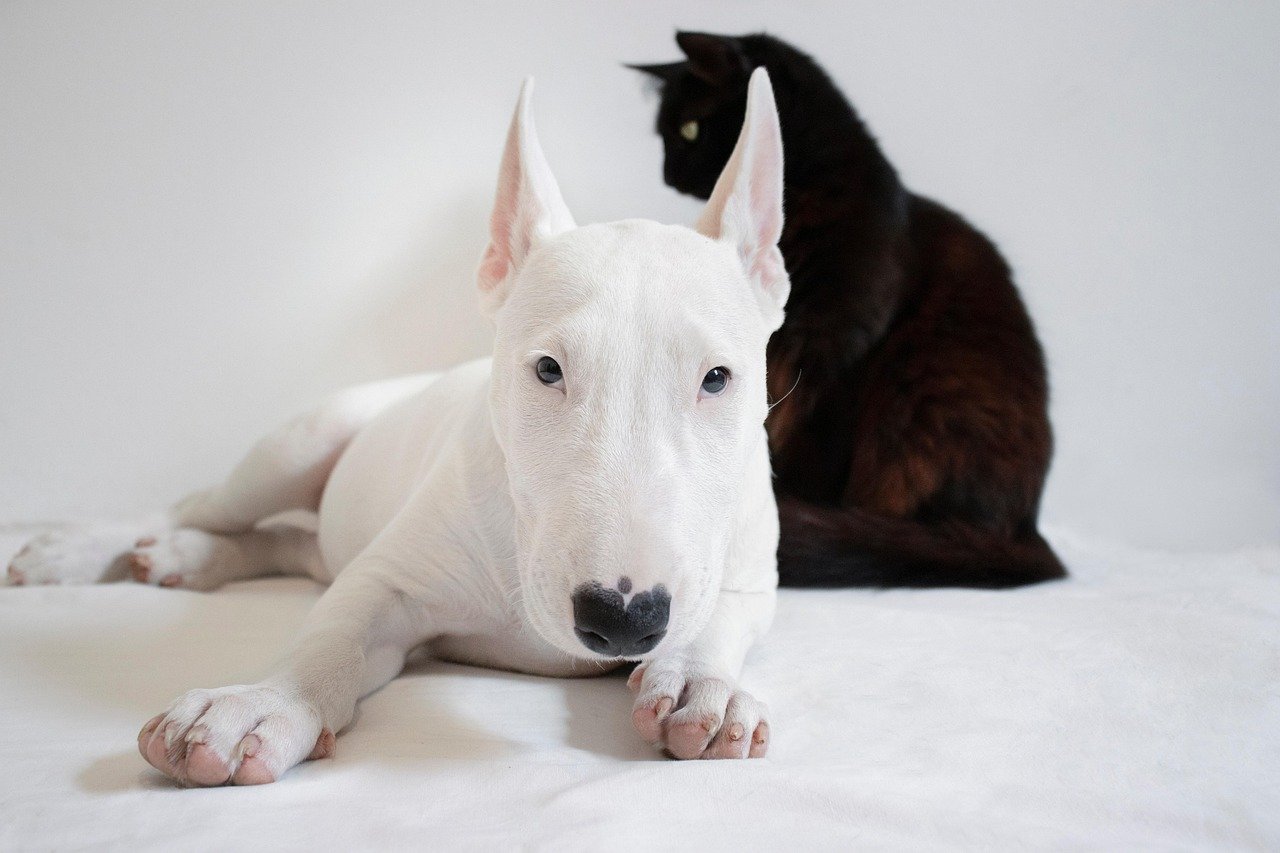
Many people compare cats to dogs when it comes to memory and loyalty. While dogs are known for their enthusiastic affection, cats tend to be more reserved. However, studies show that cats are just as capable of forming deep, lasting bonds with those who treat them well. The difference lies in their style of attachment—cats may not be as showy, but their loyalty is just as real. They remember the hands that feed them, the voices that soothe them, and the hearts that care for them.
Early Experiences Shape Feline Memory
The experiences a cat has in early life can shape how they remember and respond to kindness. Kittens who are handled gently and introduced to positive human contact often grow into adult cats who are more trusting and affectionate. On the other hand, cats who experience trauma or neglect as kittens may be wary of humans for years. Yet, with patience and consistent kindness, even these cats can learn to trust again. Early memories set the stage, but new positive experiences can rewrite the story.
Memory and Rescue Cats: A Special Bond
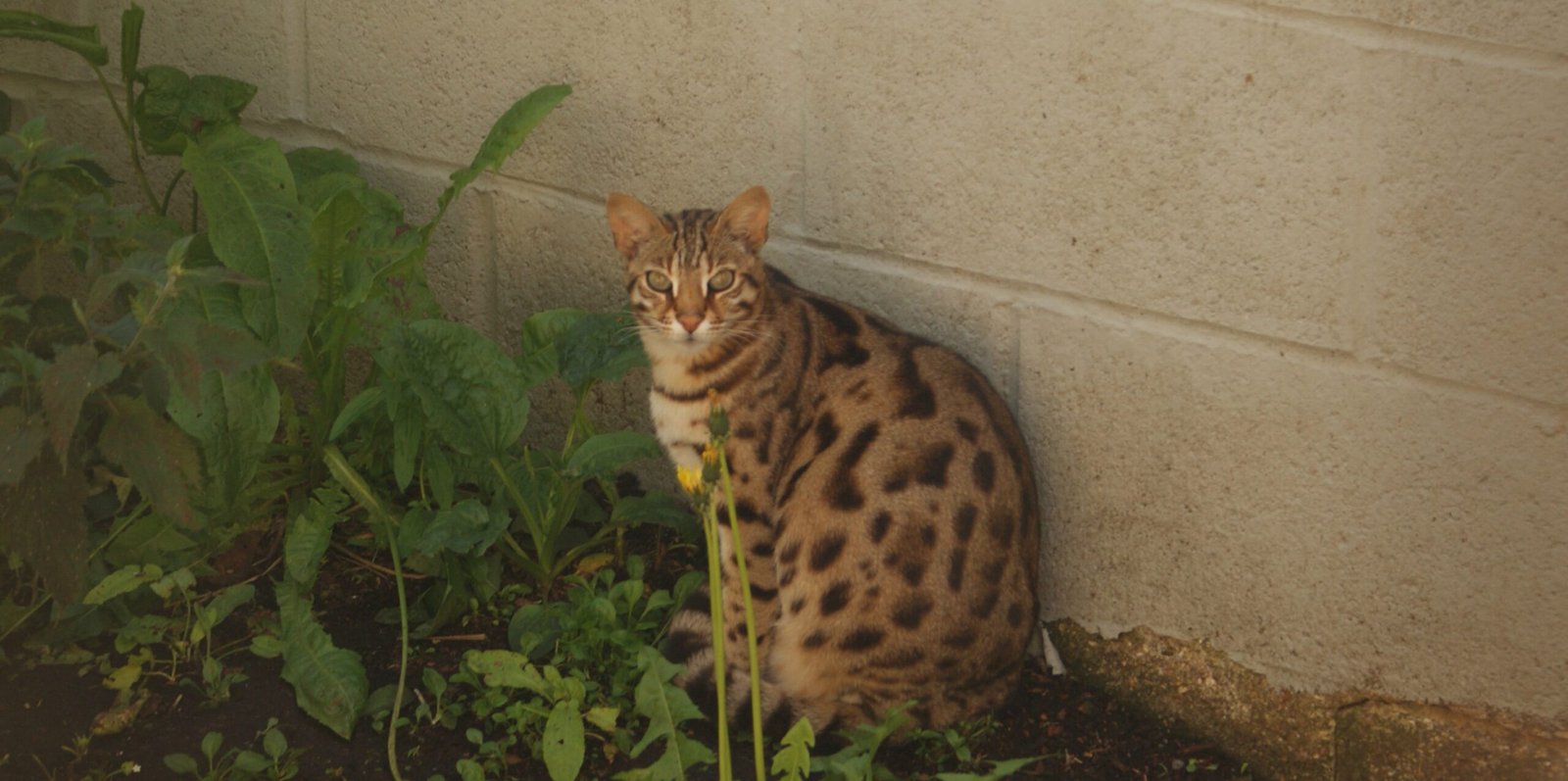
Rescue cats often carry emotional scars from their past, making acts of kindness even more meaningful to them. Many people who adopt shelter or stray cats notice a gradual transformation as the cat learns to trust again. The journey can be slow, but the rewards are immense. Rescue cats, once convinced of their safety, often become fiercely loyal to those who gave them a second chance. Their strong memory of both hardship and kindness highlights the importance of patience and compassion.
Why Some Cats Seem Aloof Despite Kindness
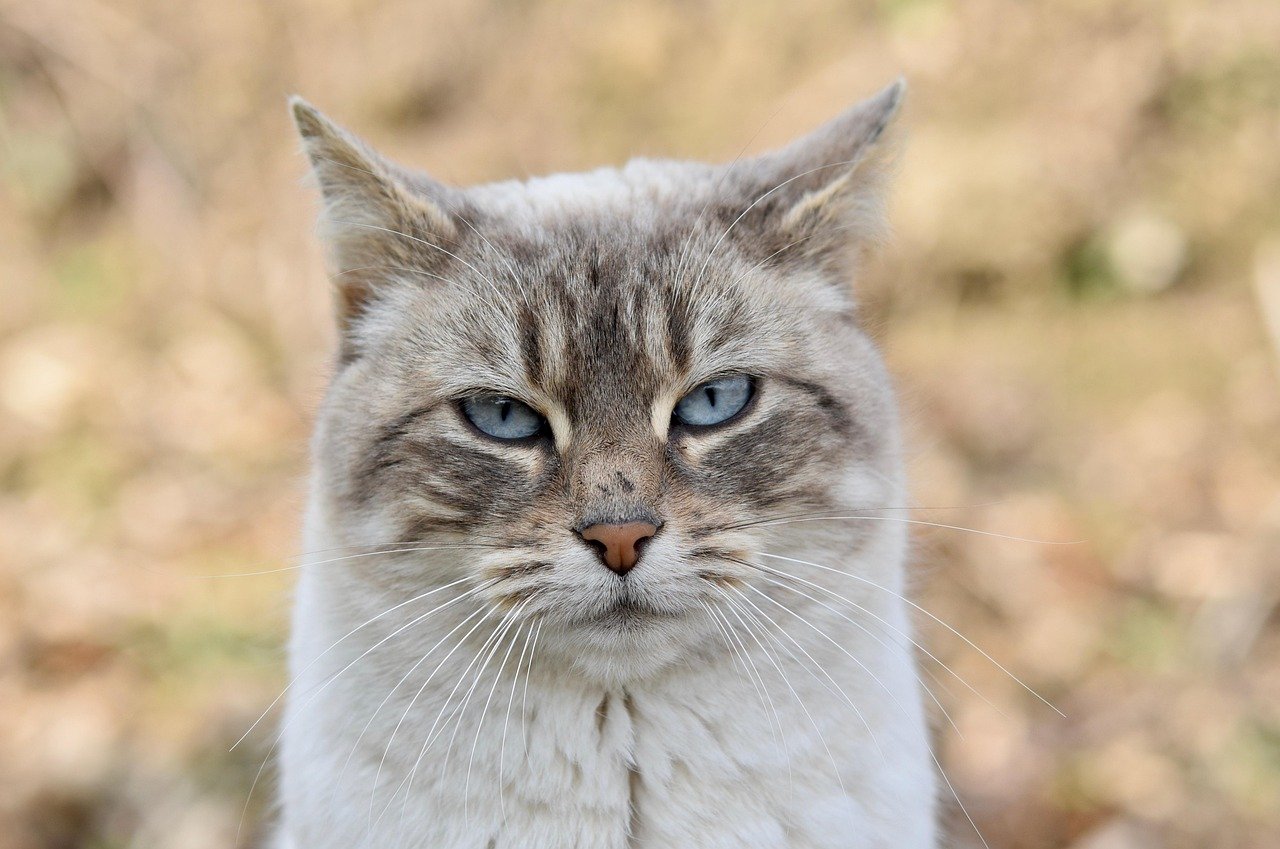
Not all cats respond to kindness in obvious ways. Some remain aloof or independent, even after years of gentle care. This doesn’t necessarily mean they don’t remember your kindness—they may simply express affection differently. Cats have individual personalities, and some are naturally more reserved. It’s important not to take this personally; trust and affection may be present even if a cat prefers to sit nearby rather than on your lap. Their subtle gestures, like a slow blink or a soft purr, speak volumes.
The Role of Scent in Feline Memory
Scent is a powerful trigger for memory in cats. They use their sense of smell to recognize people, places, and even emotions. When a cat rubs its face against you, it’s not just showing affection—it’s also marking you with its scent, creating a familiar bond. This scent memory helps cats identify those who have treated them well, even after long periods apart. A familiar scent can instantly make a cat feel at home and safe, reminding them of past kindness.
Body Language: A Silent Conversation
Cats communicate largely through body language. Their tails, ears, and eyes reveal their feelings and memories. A cat that feels safe and remembers kindness will often approach with a relaxed posture, upright tail, and gentle eyes. Conversely, a cat that remembers fear or mistreatment may appear tense or hesitant. Observing a cat’s body language is one of the best ways to understand what they remember about their interactions with you. These silent conversations speak louder than words.
Vocalizations and Memory of Kindness
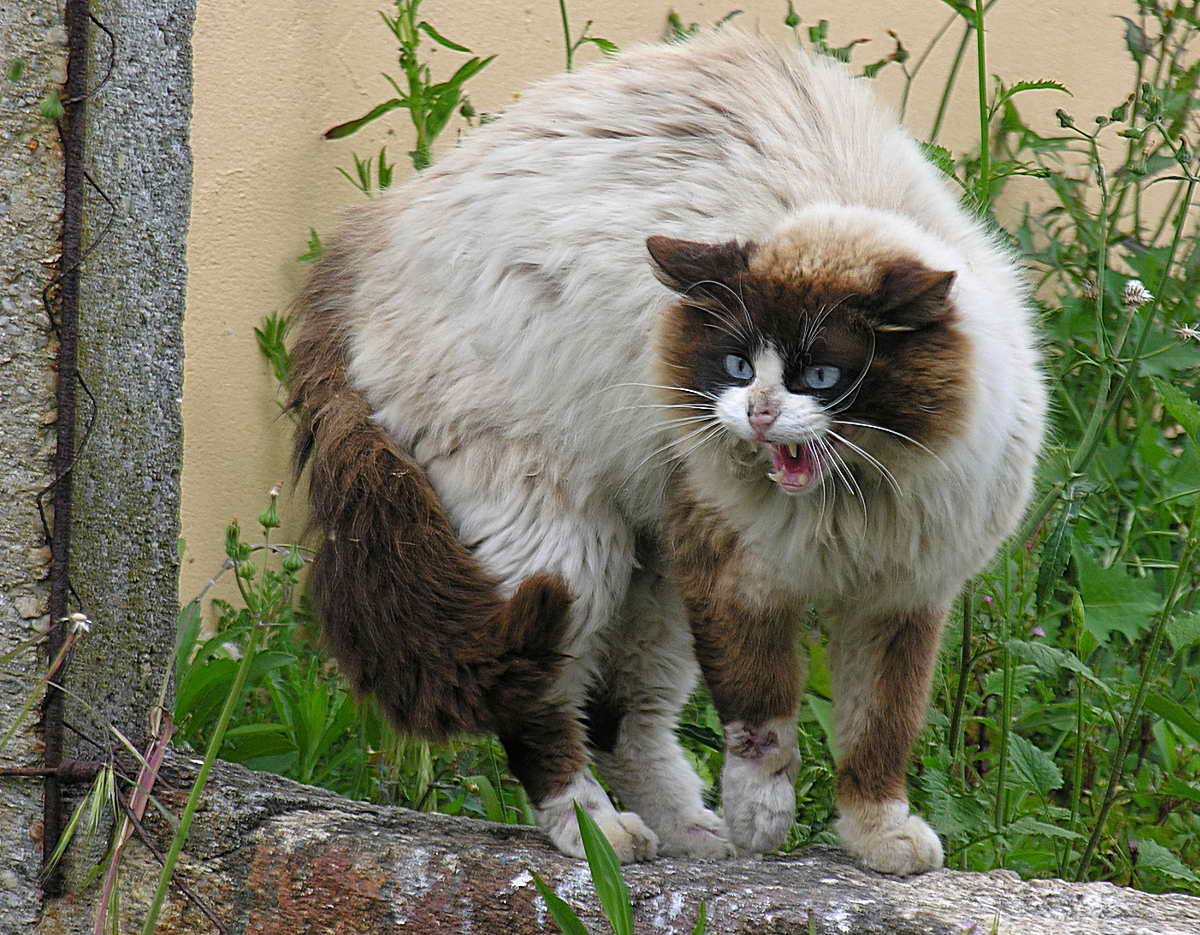
Cats have a unique range of vocalizations, from soft purrs to insistent meows. Some cats develop special “voices” or sounds just for their favorite humans. These vocalizations can be a response to remembered kindness, signaling comfort and trust. A cat that greets you with soft chirps or purrs when you enter the room is expressing affection rooted in positive memories. Their voices are a window into the emotional connections they have formed.
Kindness in Routine: Feeding and Care
Routine acts of care, like feeding, grooming, and playtime, help reinforce a cat’s sense of security. Cats are creatures of habit, and regular routines help them feel safe. When a person consistently provides food, clean water, and gentle attention, the cat comes to associate that person with comfort and well-being. Over time, these daily acts of kindness build a strong foundation of trust and appreciation that a cat will remember and seek out.
Negative Experiences: The Other Side of Memory
Just as cats remember kindness, they also remember negative experiences. A single traumatic event can leave a lasting impression, causing a cat to be fearful or avoidant. This is why it’s so important to always handle cats gently and with respect. If a cat has been mistreated in the past, rebuilding trust takes time and patience. Consistent kindness can help overwrite negative memories, but it requires empathy and understanding.
Cats and Their Favorite People
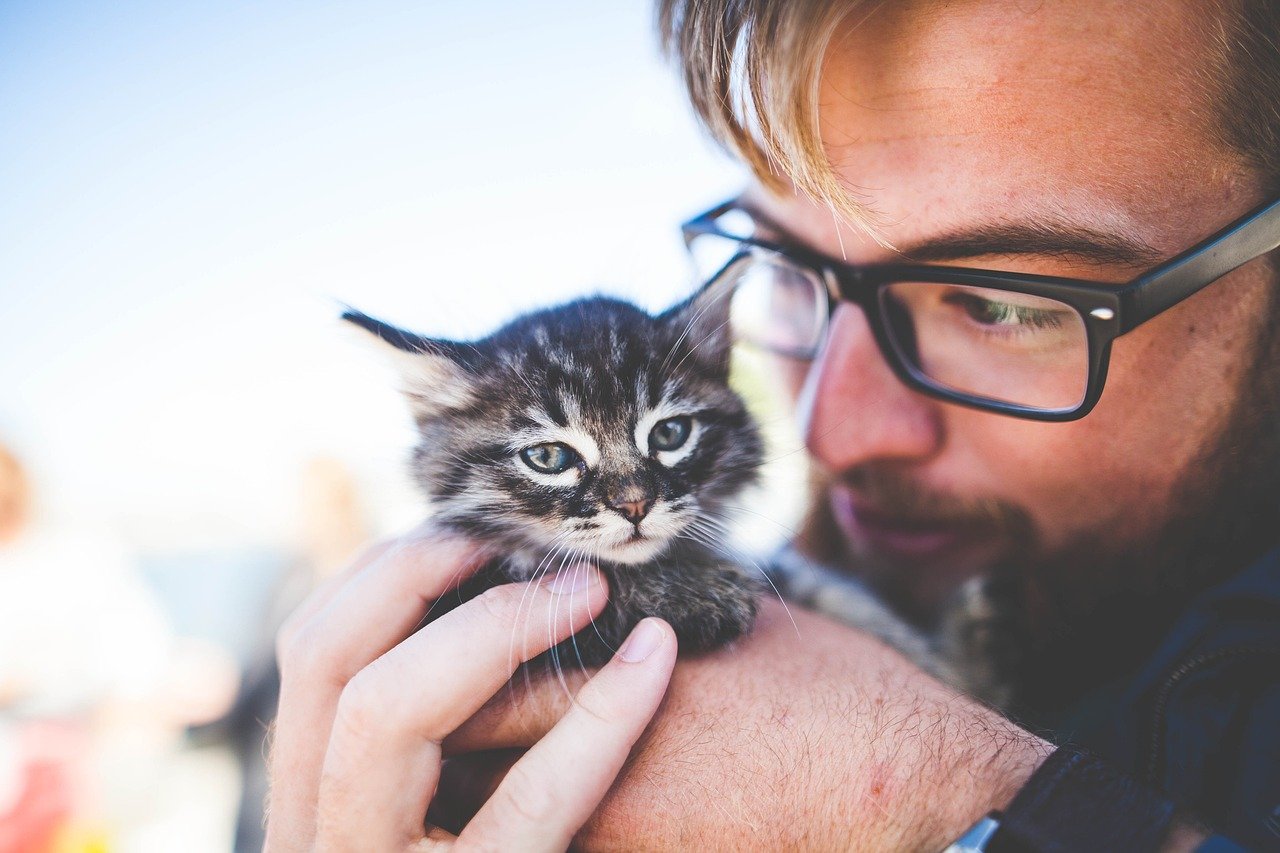
Many cat owners notice that their feline friends seem to have a “favorite” person in the household. This person is often the one who spends the most time caring for the cat, providing food, play, and affection. The bond between a cat and its favorite person is a clear sign of remembered kindness. Cats will often follow their favorite person from room to room, sleep near them, or greet them enthusiastically. This preference is a silent thank you for all the love and care.
Reunions: Cats Remembering Long-Lost Friends
There are countless stories of cats recognizing owners after months or even years apart. These emotional reunions are a testament to the strength of feline memory. A cat may initially appear cautious, but familiar scents, voices, and routines can quickly trigger memories of past kindness. The joy and relief in these moments are palpable, showing that the bond formed by love and care can withstand the test of time.
Fostering Kindness in Multi-Cat Households
In homes with multiple cats, acts of kindness can influence group dynamics. Cats observe how humans treat other animals and may model their own behavior accordingly. When kindness is a common thread in the household, cats are more likely to feel secure and get along with each other. Positive memories of shared playtime, treats, and gentle handling help create a peaceful and loving environment for all feline residents.
The Healing Power of Kindness
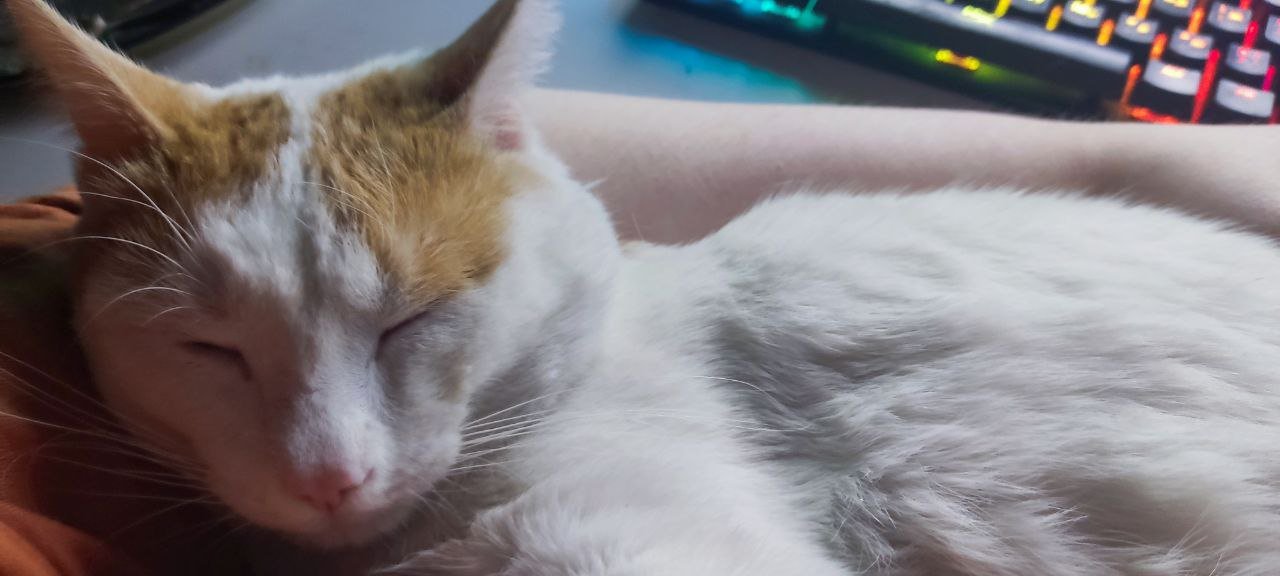
Kindness isn’t just remembered—it can also heal. Cats that have experienced trauma or neglect can blossom with consistent, loving care. Simple acts like speaking softly, offering treats, or providing a warm bed can work wonders over time. The transformation from a fearful, uncertain cat to a confident, affectionate companion is one of the most rewarding experiences for any cat lover. Every small act of kindness helps rebuild trust and rewrite old memories.
Stories of Loyalty and Gratitude
Cat lovers often share inspiring stories of feline loyalty and gratitude. From cats that protect their owners to those that comfort them during tough times, these anecdotes highlight the profound impact of remembered kindness. Some cats even repay their humans in unexpected ways, offering companionship and emotional support when needed most. These heartwarming tales remind us that our acts of kindness are never forgotten—they become part of a beautiful, lifelong bond.
How to Show Kindness That Cats Remember
Showing kindness to a cat goes beyond treats and toys. It’s about understanding their needs, respecting their boundaries, and being patient as they learn to trust. Simple gestures like gentle petting, soft words, and providing a safe space can make a world of difference. Consistency is key—cats thrive on routine and reliability. By making kindness part of your daily interactions, you ensure your cat will remember you as a source of love and security.
The Lasting Legacy of Kindness
Every act of compassion leaves a lasting imprint on a cat’s memory. Whether you’ve raised your cat from a kitten or welcomed a rescue into your home, your kindness becomes part of their story. The trust and affection you build create a legacy that can outlast even the toughest challenges. As you watch your cat curl up beside you or greet you at the door, remember that these moments are the result of every gentle word, every patient gesture, and every act of love. Isn’t it amazing to think about the memories you’re creating together?
Hi, I’m Bola, a passionate writer and creative strategist with a knack for crafting compelling content that educates, inspires, and connects. Over the years, I’ve honed my skills across various writing fields, including content creation, copywriting, online course development, and video scriptwriting.
When I’m not at my desk, you’ll find me exploring new ideas, reading books, or brainstorming creative ways to solve challenges. I believe that words have the power to transform, and I’m here to help you leverage that power for success.
Thanks for stopping by, Keep coming to this website to checkout new articles form me. You’d always love it!






